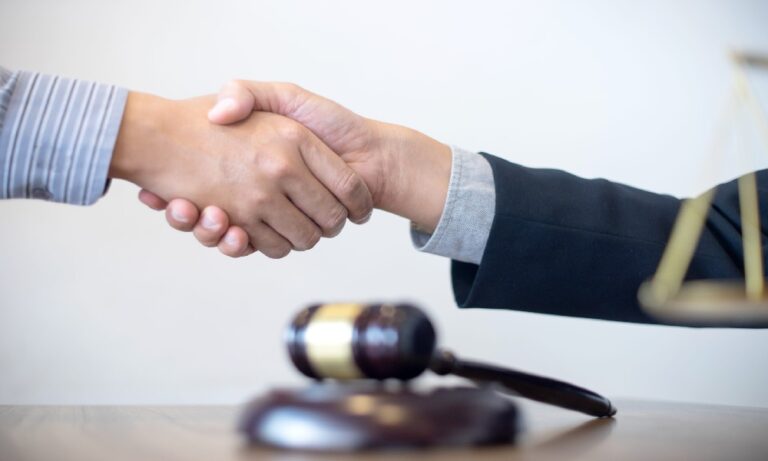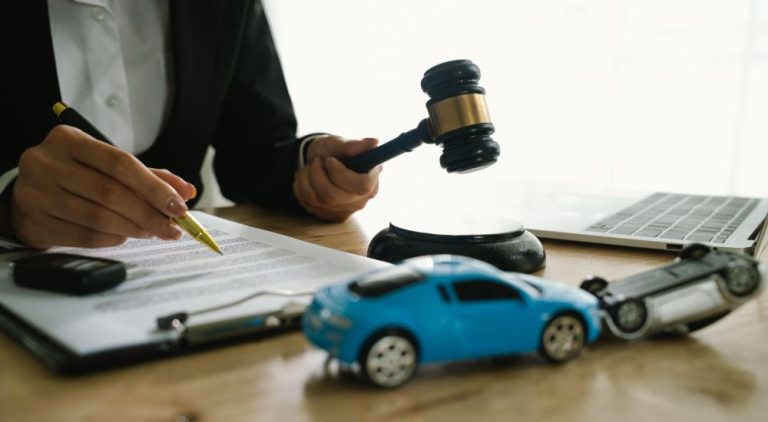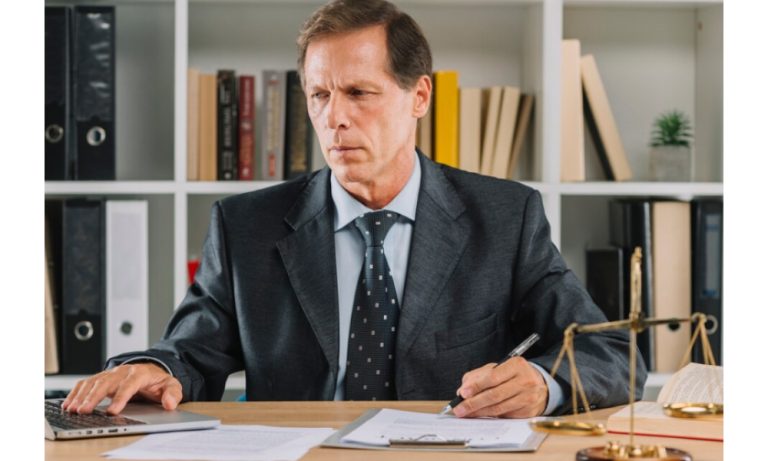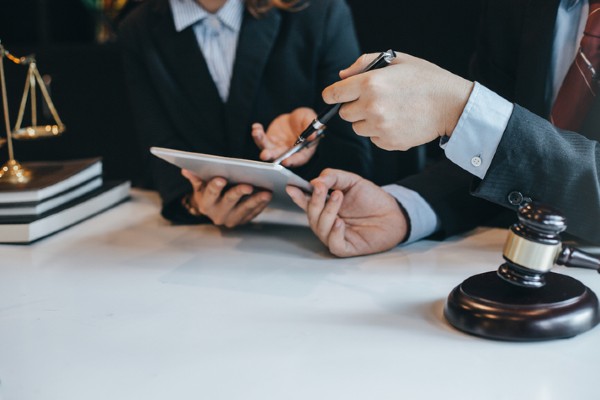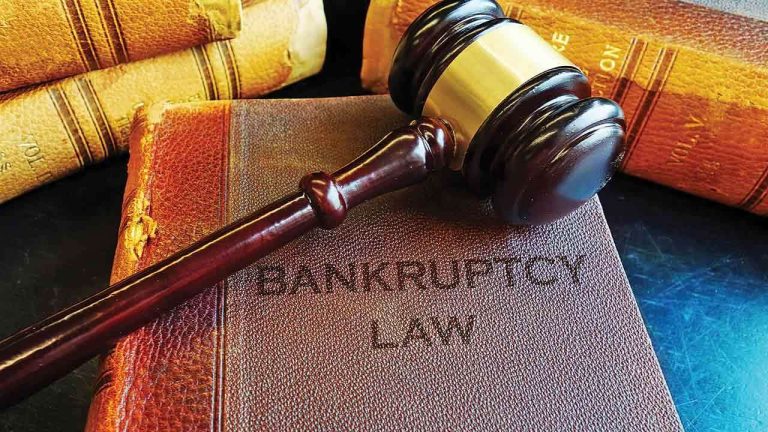Deciding to separate from your child’s other parent is difficult enough without the added uncertainty of how custody will be resolved. Washington doesn’t use the term “custody” in the legal sense the way most people expect. Instead, the state uses parenting plans, which are court orders that define where a child lives, who makes major decisions, and how disputes between parents are handled going forward. If you’re a parent in Okanogan, Douglas, or Chelan County preparing for this process, understanding how Washington law structures these decisions will help you approach it with realistic expectations. The family law attorneys at Ken Miller & Associates, PLLC in Okanogan work with parents across North Central Washington on parenting plan matters ranging from initial filings to modifications and relocation disputes, and the guidance below reflects the questions we hear most often in those early consultations.
The Best Interest of the Child Standard
Washington courts determine residential schedules based on what serves the best interest of the child. That phrase appears throughout the statute, primarily in RCW 26.09.187, and it drives every decision the court makes about where a child will live and how time will be divided between parents.
The factors the court considers include the strength of the child’s relationship with each parent, each parent’s involvement in the child’s daily care and upbringing prior to the separation, the child’s emotional and developmental needs, the stability of each proposed living arrangement, and the child’s relationship with siblings and other household members. For older children, the court may also consider the child’s own wishes, though this isn’t a controlling factor and judges weigh it carefully against maturity and the potential for parental influence.
What the court does not do is start from a presumption of equal time. Washington law doesn’t guarantee 50/50 residential schedules. The court looks at what arrangement best serves the child based on the specific facts of the case. A parent who was the primary caregiver before the separation will often receive the majority of residential time, but every case turns on its own circumstances.
What a Parenting Plan Actually Contains
A Washington parenting plan is a detailed document with three core components, each required by statute.
Residential Schedule
This section specifies where the child lives on each day of the year, including the regular weekly schedule, holidays, school breaks, and summer vacation. It addresses pickup and drop-off logistics, transportation responsibilities, and how schedule changes are handled. In rural Okanogan County, where parents may live 45 minutes or more apart and winter road conditions affect travel, the residential schedule often needs to account for geography and weather in ways that urban parenting plans don’t.
Decision-Making Authority
The parenting plan allocates authority over major decisions in the child’s life: education, healthcare, and religious upbringing. The court can assign sole decision-making to one parent, joint decision-making, or divide authority by category (for example, one parent makes education decisions while the other handles healthcare). When parents can communicate and cooperate, joint decision-making is common. When they can’t, the court assigns authority to one parent to prevent deadlock.
Dispute Resolution
Every parenting plan must include a process for resolving future disagreements. The default in most cases is mediation before either party can return to court. Some plans use arbitration or a parenting coordinator for ongoing high-conflict situations. This section matters more than people realize at the time of filing, because parenting disputes don’t end when the plan is signed. They evolve as children grow, school needs change, and parents’ lives shift.
Limiting Factors Under RCW 26.09.191
Washington law identifies specific circumstances that restrict or limit a parent’s residential time or decision-making authority. These are called “limiting factors,” and they’re codified in RCW 26.09.191. When a court finds that limiting factors exist, they override the general best-interest analysis and impose mandatory restrictions.
The most significant limiting factors include a history of domestic violence, sexual or physical abuse of the child, a pattern of emotional abuse, neglect, substance abuse that interferes with parenting, and abandonment. If the court finds that a parent has engaged in domestic violence, the statute creates a rebuttable presumption that the abusive parent should not receive sole or joint decision-making authority. The residential schedule must also include protections for the child and the other parent, which may mean supervised visitation, restricted overnights, or no contact at all in severe cases.
Substance abuse cases often involve court-ordered evaluations, random urinalysis, and requirements that the affected parent complete treatment before residential time is expanded. In Okanogan County, where access to treatment programs and certified evaluators can require significant travel, these requirements carry practical implications that affect timeline and compliance.
The limiting factors analysis is where contested custody cases become most consequential. If one parent alleges domestic violence or substance abuse, the other parent needs to understand that these allegations trigger specific statutory requirements the court must address, and the evidence presented at this stage shapes the entire parenting plan.
The Role of Guardians Ad Litem
In contested cases where the court needs more information about the child’s circumstances, the judge may appoint a Guardian Ad Litem (GAL). The GAL is a court-appointed investigator, typically an attorney or trained professional, whose job is to conduct an independent assessment and make a recommendation to the court about what parenting arrangement serves the child’s best interest.
The GAL interviews both parents, observes each home environment, talks to the child (if age-appropriate), contacts collateral sources like teachers, doctors, counselors, and therapists, and reviews relevant records. The investigation culminates in a written report filed with the court. While the judge isn’t bound by the GAL’s recommendation, it carries significant weight and frequently influences the outcome.
GAL appointments add both time and cost to the case. In Okanogan, Douglas, and Chelan Counties, the pool of available GALs is smaller than in metropolitan areas, which can affect scheduling. Parents should also know that everything they say and do from the moment a GAL is appointed is potentially going into the report. Cooperating with the GAL, facilitating access to the child, and demonstrating stability and involvement are all things that factor into the recommendation.
UCCJEA Jurisdiction: When Parents Cross State Lines
Jurisdiction questions come up regularly in North Central Washington because of the region’s proximity to state borders. A parent who moves to northern Idaho or northeastern Oregon after a separation can create a jurisdictional dispute about which state has authority over the parenting plan.
The Uniform Child Custody Jurisdiction and Enforcement Act (UCCJEA), adopted in Washington under RCW 26.27, establishes that the child’s “home state” has jurisdiction over custody matters. The home state is the state where the child has lived with a parent for at least six consecutive months immediately before the filing. If a child has lived in Okanogan County for the past year and one parent moves to Boise, Washington retains jurisdiction. But if a parent relocated with the child to Idaho six months ago and then the other parent files in Washington, the jurisdiction question becomes contested.
These disputes must be resolved before the court can address the substance of the parenting plan. Filing in the wrong state or failing to raise a jurisdictional challenge early can result in wasted time, duplicative legal fees, and conflicting orders from courts in different states. For families in the tri-county area where cross-state moves are common, getting jurisdiction right at the outset is essential.
How Ken Miller & Associates, PLLC Helps Okanogan County Parents
Parenting plan cases require both legal knowledge and practical understanding of how families actually live in North Central Washington. The distances between towns, the seasonal realities of mountain passes and rural roads, the availability of supervised visitation providers and substance abuse evaluators, and the scheduling dynamics of smaller county courts all affect how a case is prepared and resolved.
If you’re facing a custody matter in Okanogan, Douglas, or Chelan County, contact Ken Miller & Associates, PLLC at (509) 861-0815 to schedule a consultation. We’ll walk through your situation, explain how Washington’s parenting plan framework applies to your specific facts, and help you build a plan that protects your relationship with your child.

